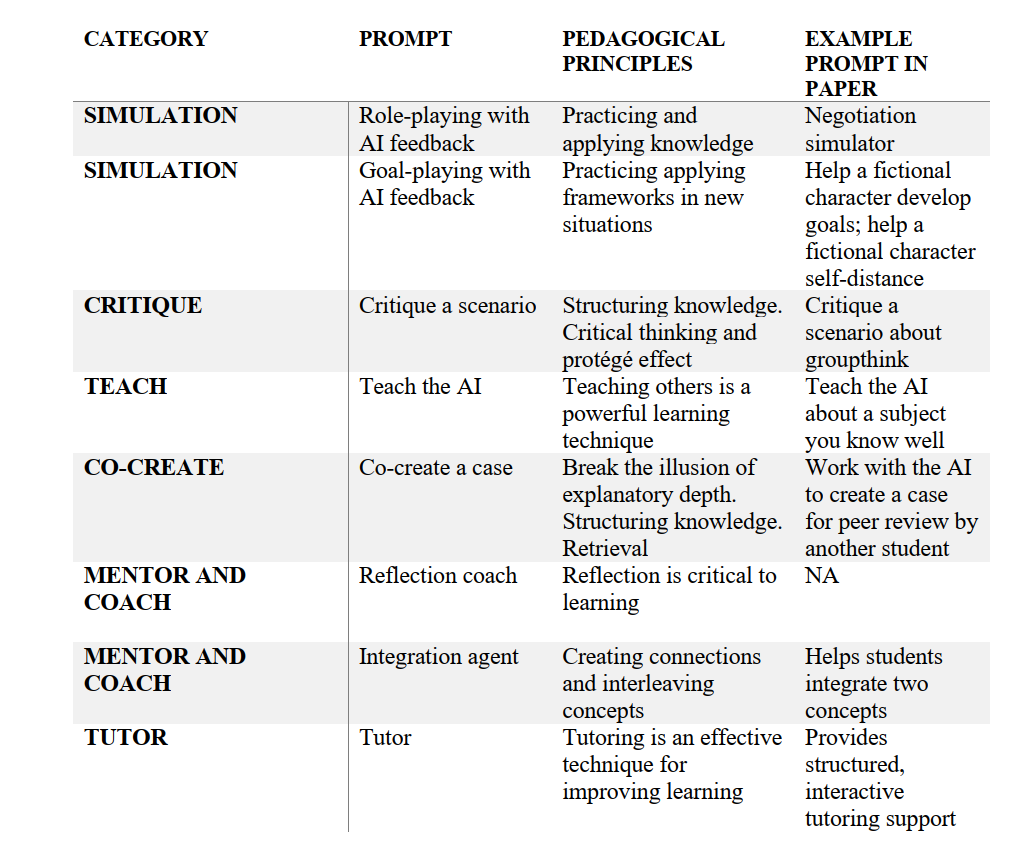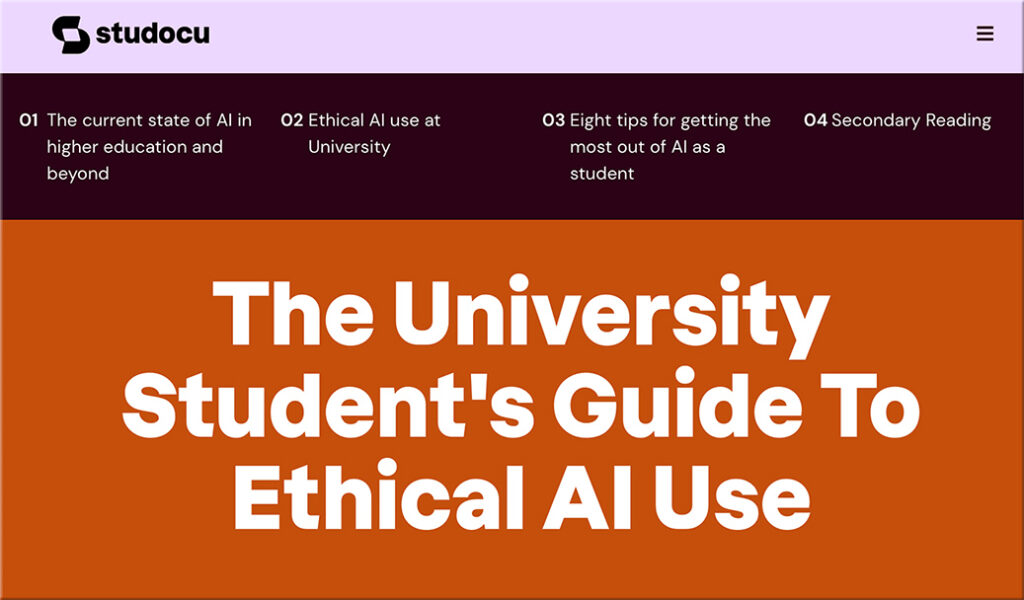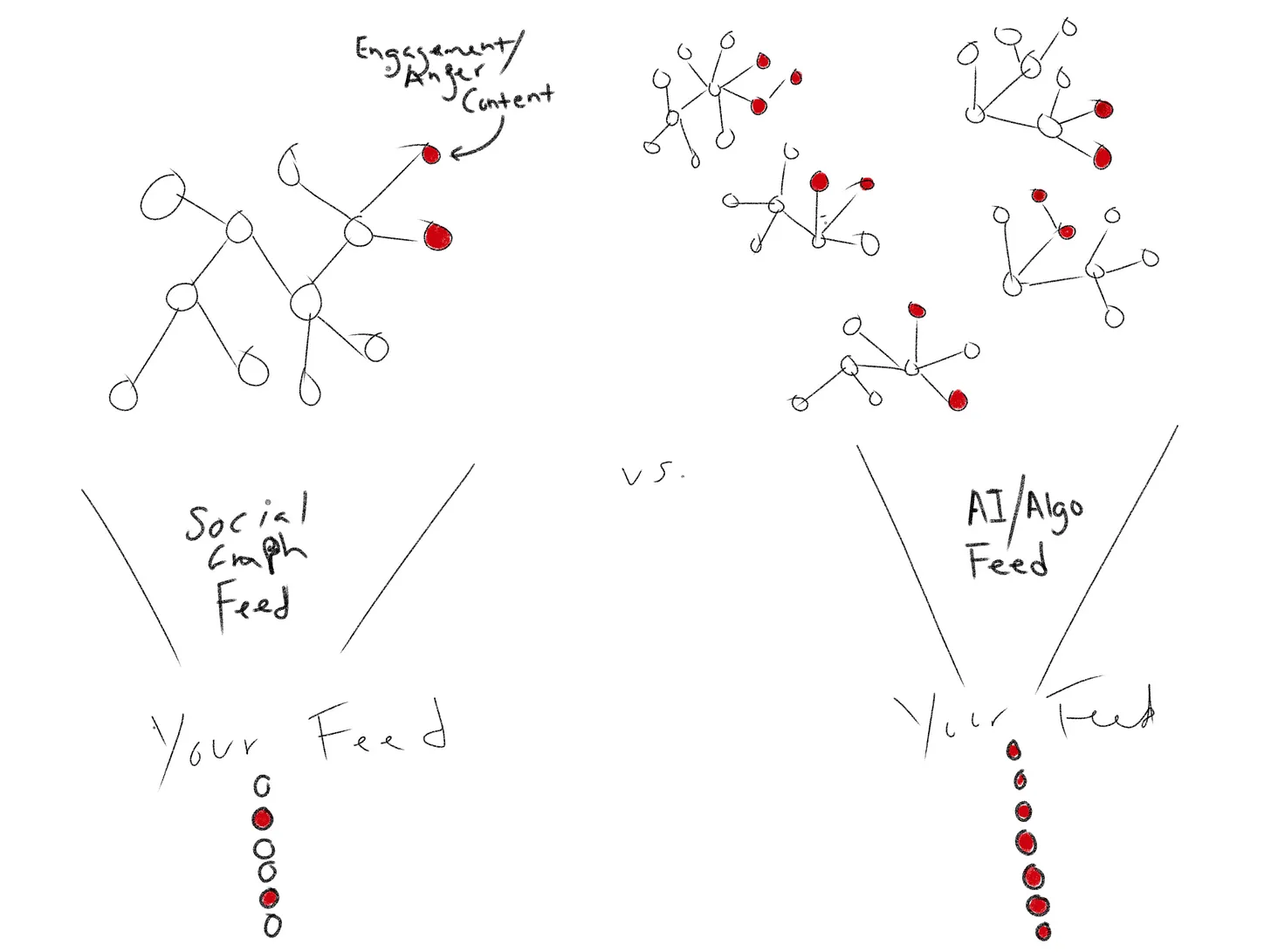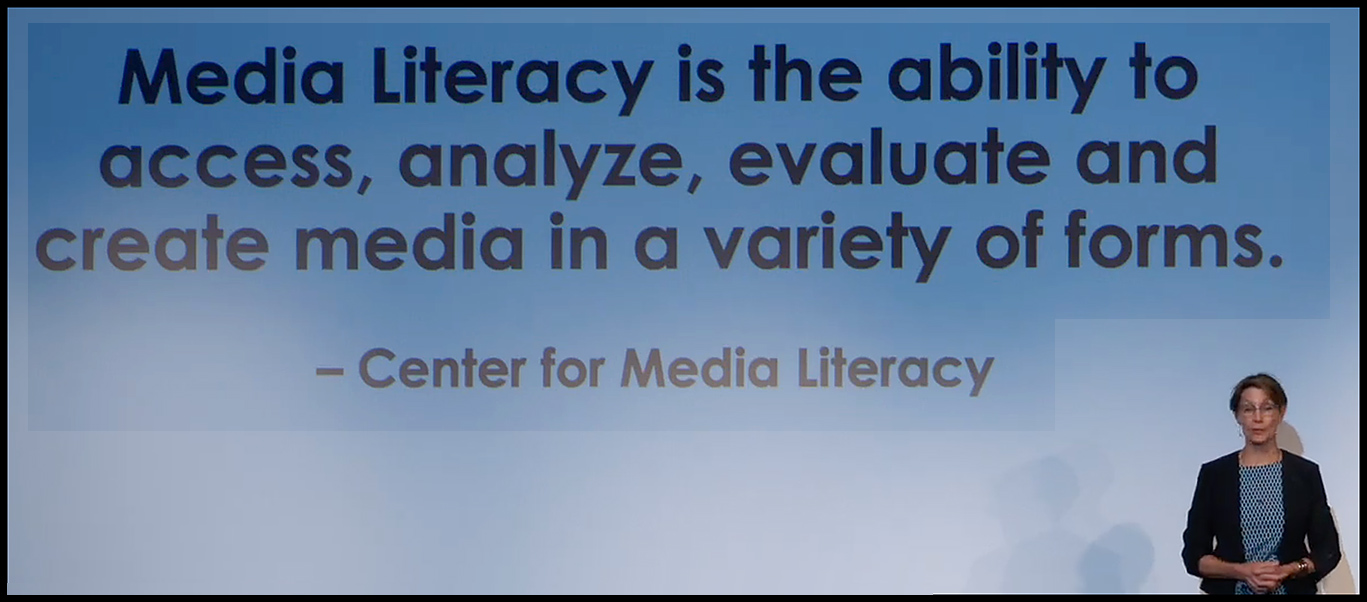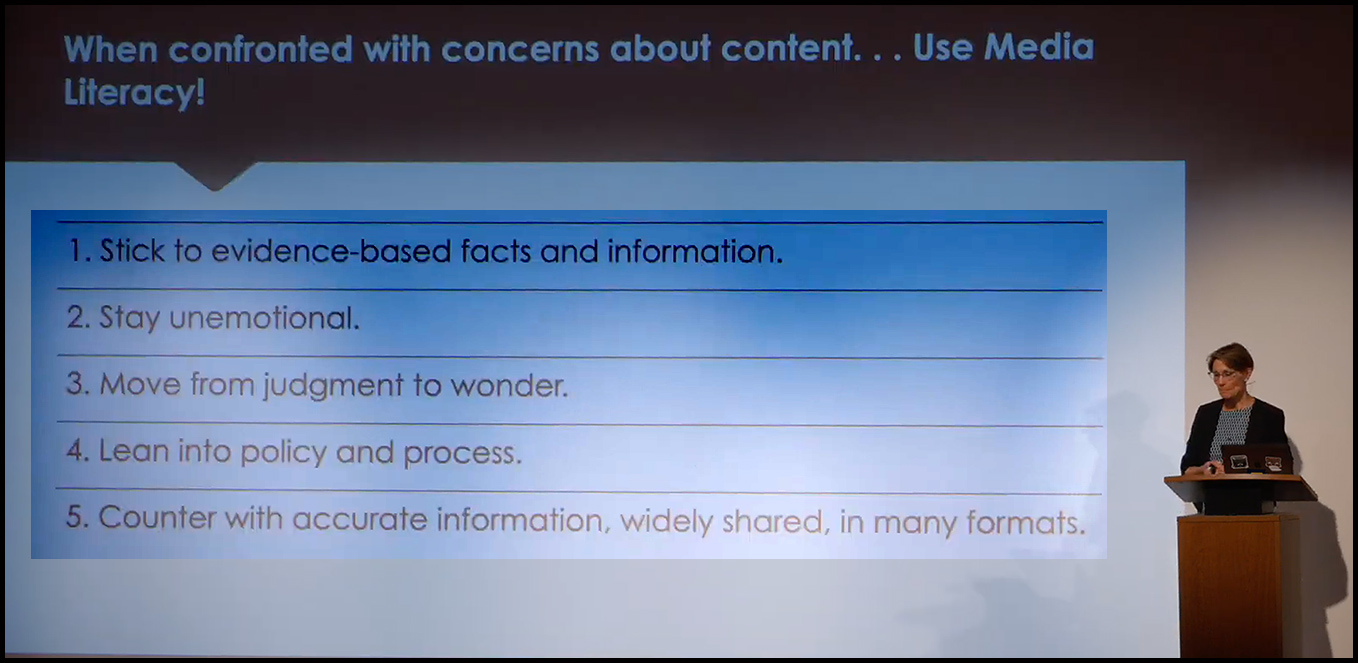AI-assisted job fraud is spiking — from thedeepview.co by Ian Krietzberg
A recent report published by the Identity Theft Resource Center (ITRC) found that data from 2023 shows “an environment where bad actors are more effective, efficient and successful in launching attacks. The result is fewer victims (or at least fewer victim reports), but the impact on individuals and businesses is arguably more damaging.”
One of these attacks involves fake job postings.
The details: The ITRC said that victim reports of job and employment scams spiked some 118% in 2023. These scams were primarily carried out through LinkedIn and other job search platforms.
-
- The bad actors here would either create fake (but professional-looking) job postings, profiles and websites or impersonate legitimate companies, all with the hopes of landing victims to move onto the interview process.
- These actors would then move the conversation onto a third-party messaging platform, and ask for identity verification information (driver’s licenses, social security numbers, direct deposit information, etc.).
Hypernatural — AI videos you can actually use. — via Jeremy Caplan’s Wonder Tools
Hypernatural is an AI video platform that makes it easy to create beautiful, ready-to share videos from anything. Stop settling for glitchy 3s generated videos and boring stock footage. Turn your ideas, scripts, podcasts and more into incredible short-form videos in minutes.
GPT-4o mini: advancing cost-efficient intelligence — from openai.com
Introducing our most cost-efficient small model
OpenAI is committed to making intelligence as broadly accessible as possible. Today, we’re announcing GPT-4o mini, our most cost-efficient small model. We expect GPT-4o mini will significantly expand the range of applications built with AI by making intelligence much more affordable. GPT-4o mini scores 82% on MMLU and currently outperforms GPT-41 on chat preferences in LMSYS leaderboard(opens in a new window). It is priced at 15 cents per million input tokens and 60 cents per million output tokens, an order of magnitude more affordable than previous frontier models and more than 60% cheaper than GPT-3.5 Turbo.
GPT-4o mini enables a broad range of tasks with its low cost and latency, such as applications that chain or parallelize multiple model calls (e.g., calling multiple APIs), pass a large volume of context to the model (e.g., full code base or conversation history), or interact with customers through fast, real-time text responses (e.g., customer support chatbots).
Also see what this means from Ben’s Bites, The Neuron, and as The Rundown AI asserts:
Why it matters: While it’s not GPT-5, the price and capabilities of this mini-release significantly lower the barrier to entry for AI integrations — and marks a massive leap over GPT 3.5 Turbo. With models getting cheaper, faster, and more intelligent with each release, the perfect storm for AI acceleration is forming.
Nvidia: More AI Waves Are Taking Shape — from seekingalpha.com by Eric Sprague
Summary
- Nvidia Corporation is transitioning from a GPU designer to an AI factory builder.
- AI spending will continue to grow in healthcare, government, and robotics.
- CEO Jensen Huang says the AI robot industry could be bigger than the auto and consumer electronics industries combined.
Byte-Sized Courses: NVIDIA Offers Self-Paced Career Development in AI and Data Science — from blogs.nvidia.com by Andy Bui
Industry experts gather to share advice on starting a career in AI, highlighting technical training and certifications for career growth.









